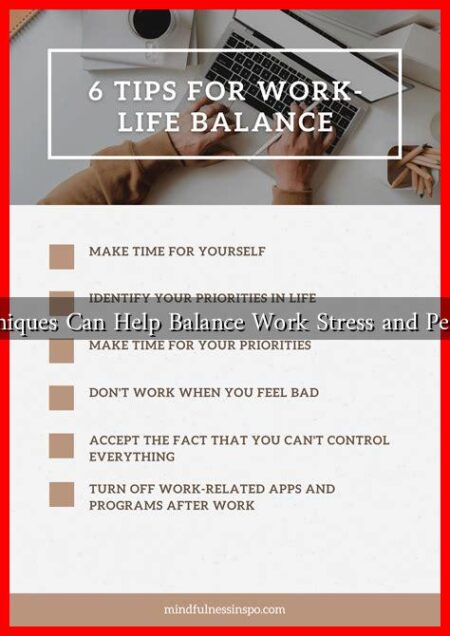-
Table of Contents
Does Well-being Matter More Than Salary?
In today’s fast-paced world, the debate over whether well-being matters more than salary is increasingly relevant. As individuals navigate their careers, the question arises: should one prioritize financial compensation or overall happiness and fulfillment? This article explores the intricate relationship between salary and well-being, providing insights into why well-being may hold greater significance in the long run.
The Importance of Well-being
Well-being encompasses various dimensions, including emotional, psychological, and social aspects of life. It is not merely the absence of stress or anxiety but a holistic state of health that contributes to an individual’s quality of life. Research indicates that well-being can significantly impact productivity, creativity, and overall job satisfaction.
- Emotional Health: A positive emotional state can lead to better decision-making and improved relationships with colleagues.
- Physical Health: High levels of well-being are associated with lower rates of chronic illnesses, reducing healthcare costs.
- Social Connections: Well-being fosters stronger relationships, which can enhance teamwork and collaboration in the workplace.
Salary: A Double-Edged Sword
While salary is often viewed as a primary motivator for work, it can be a double-edged sword. High salaries can attract talent, but they do not guarantee job satisfaction or well-being. In fact, studies show that once a certain income threshold is reached, the correlation between salary and happiness diminishes.
According to a study by Princeton University, the optimal income for emotional well-being is around $75,000 per year. Beyond this point, additional income has a negligible effect on happiness. This finding suggests that while salary is important, it is not the sole determinant of a fulfilling life.
Case Studies: Companies Prioritizing Well-being
Several companies have recognized the importance of well-being over salary and have implemented policies that prioritize employee happiness. Here are a few notable examples:
- Google: Known for its employee-centric culture, Google offers various wellness programs, including on-site fitness centers, mental health resources, and flexible work hours. This approach has resulted in high employee satisfaction and retention rates.
- Salesforce: Salesforce invests heavily in employee well-being through initiatives like mindfulness programs and volunteer time off. The company has consistently ranked high on lists of best places to work, demonstrating that well-being can lead to business success.
- Buffer: Buffer has adopted a fully remote work model, allowing employees to work from anywhere. This flexibility has contributed to a positive work-life balance, enhancing overall well-being.
The Role of Work-Life Balance
Work-life balance is a crucial component of well-being. Employees who feel they have a healthy balance between their professional and personal lives are more likely to experience higher levels of satisfaction. Companies that promote work-life balance often see lower turnover rates and increased productivity.
According to a survey by Gallup, employees who feel they have a good work-life balance are 21% more productive than those who do not. This statistic underscores the importance of prioritizing well-being in the workplace.
Conclusion: The Path Forward
In conclusion, while salary is undoubtedly an important factor in career decisions, well-being plays a more significant role in long-term happiness and fulfillment. Companies that prioritize employee well-being not only foster a positive work environment but also enhance productivity and retention rates. As individuals navigate their careers, it is essential to consider the broader picture: a fulfilling life often encompasses more than just financial compensation.
Ultimately, the question of whether well-being matters more than salary may not have a definitive answer. However, the evidence suggests that investing in well-being can lead to a more satisfying and productive life. As we move forward, it is crucial for both employees and employers to recognize the value of well-being in the workplace.
For further reading on the importance of well-being in the workplace, you can explore resources from the World Health Organization on mental health and well-being here.


